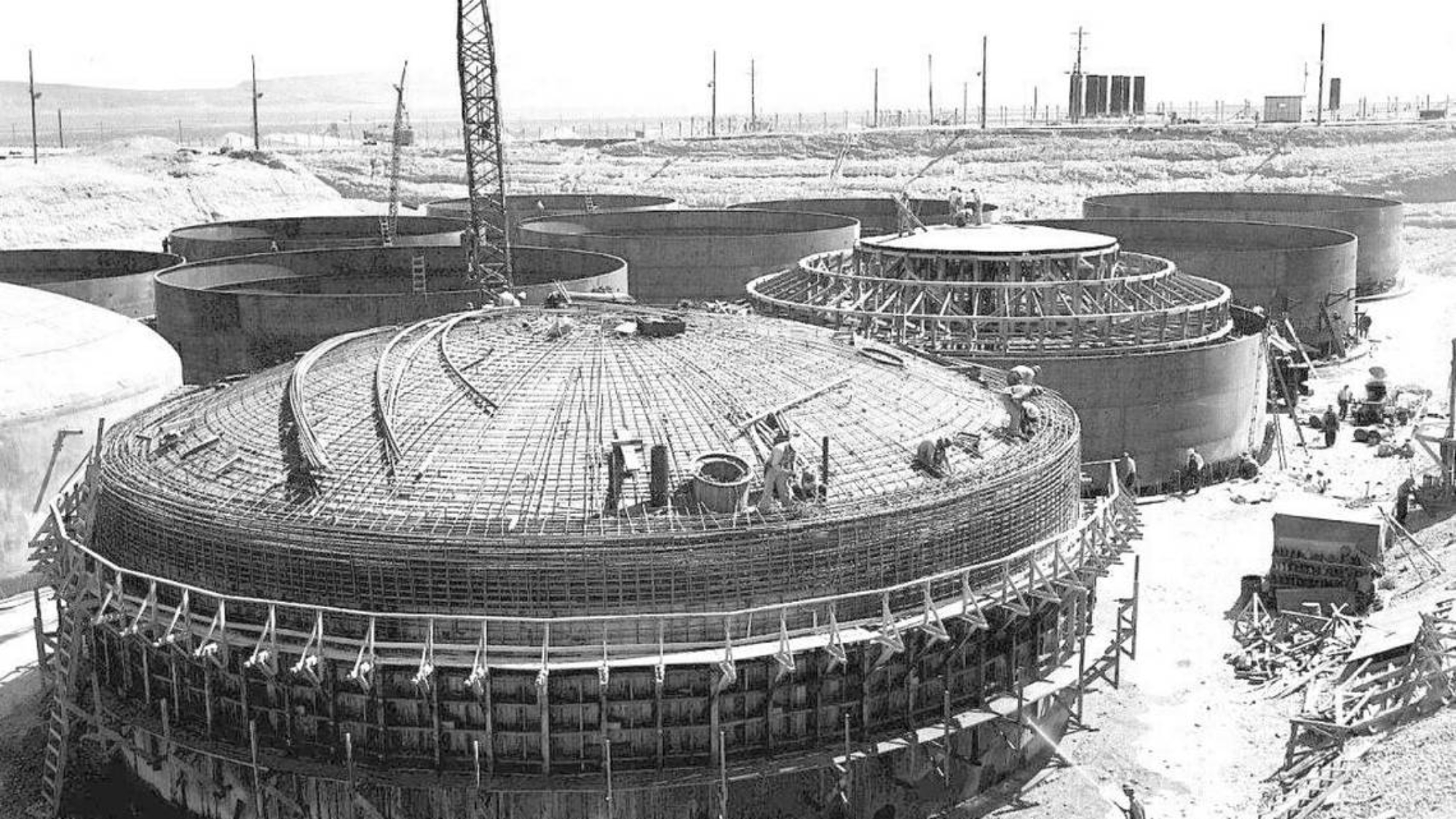The virtual seminar will be held from 12:30 to 2:00 p.m. (E.T.)
The Hanford Nuclear Reservation in eastern Washington state produced and separated over 67 tons of plutonium from nine nuclear reactors for US nuclear weapons from its start-up in 1944 as part of the Manhattan Project until operations there ended in 1987. Located along the Columbia River, the 586 square mile site now holds billions of gallons of chemical waste and hundreds of millions of gallons of high-level liquid radioactive waste, some of which was dumped into unlined trenches, injected into underground wells, and stored in large underground steel-lined concrete tanks. It is the focus of a large, complex, hazardous, and troubled environmental clean-up project managed by the Bechtel Corporation for the Department of Energy and estimated to cost over 600 billion dollars which conceivably could take hundreds of years to complete. This presentation, based on the book “Atomic Days: The Untold Story of the Most Toxic Place in America” will trace the story of Hanford, and the efforts by Native tribes, environmental groups, workers, and whistleblowers to confront Hanford managers over the safety of its operations and clean-up and to pursue social and environmental justice.
About the speaker: Joshua Frank is an award-winning environmental journalist and the managing editor of the political magazine CounterPunch. He is the author of Atomic Days: The Untold Story of the Most Toxic Place in America (Haymarket Books, 2022). Joshua holds a master's degree in environmental conservation from New York University.
